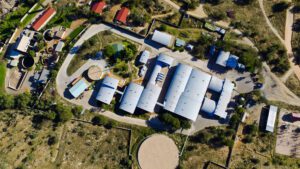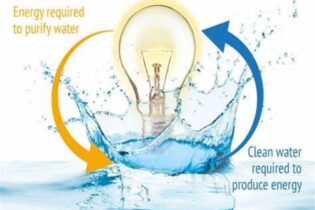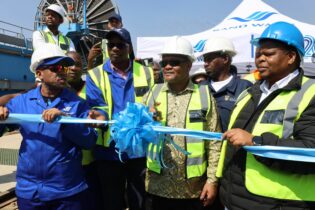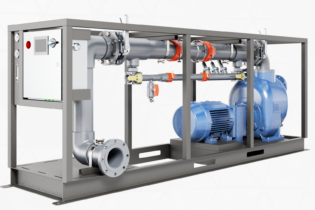Veolia Services Southern Africa has aligned its business to help its customers support the UN’s Sustainable Development Goals (SDGs).
The UN’s 17 SDGs have one ambitious target – to end extreme poverty and achieve sustainable development worldwide by 2030. Not only is achieving SDG 6 – ‘Clean water and sanitation for all – essential for the water and sanitation sector, but it also has a major positive impact on all other 16 SDGs. “There is nothing more important to life on this planet (that has a limited supply) than water. Water is our most valuable resource. It is used for drinking, cooking and the manufacture of almost everything from paper to medicine, to underpinning agriculture and generating electricity,” says Miles Murray, director: Business Development, Veolia Services Southern Africa. However, many of the water sources are under severe stress. The UN estimates that two billion people will be living in countries or regions with absolute water scarcity by 2025. A further two-thirds of the world’s population will be facing water shortages. In addition to losing access to these water resources, water demand is rapidly rising. It is projected to increase 55% by 2050 – this includes a 400% rise in demand to maintain manufacturing processes. This unsettling situation is compounded further by climate change. As worldwide weather and water patterns continue to be altered, there are more frequent water shortages, droughts and flooding.Innovation
“Without intervention, the future of our water resources is bleak. Urgent and decisive action is needed today. At Veolia Southern Africa, we have always believed that innovation advances water sustainability and improves resilience. Veolia uses its 160-years history to help achieve SDG 6,” adds Murray.Desalination: These technologies and processes have improved water security for tens of thousands of people by turning to the only consistently available water source – the ocean.
Veolia designs, constructs, commissions and operates large-scale seawater desalination plants to meet each community’s unique water needs. Desalinated seawater can also be used by companies for industrial processes. Desalination increases the availability of freshwater in areas where it is scarce. “We have had several local seawater desalination plant successes. A few of our desalination plants are in Knysna, Lambert’s Bay, Plettenberg Bay and Mossel Bay in the Western Cape, as well as in Cannon Rocks in the Eastern Cape,” states Murray.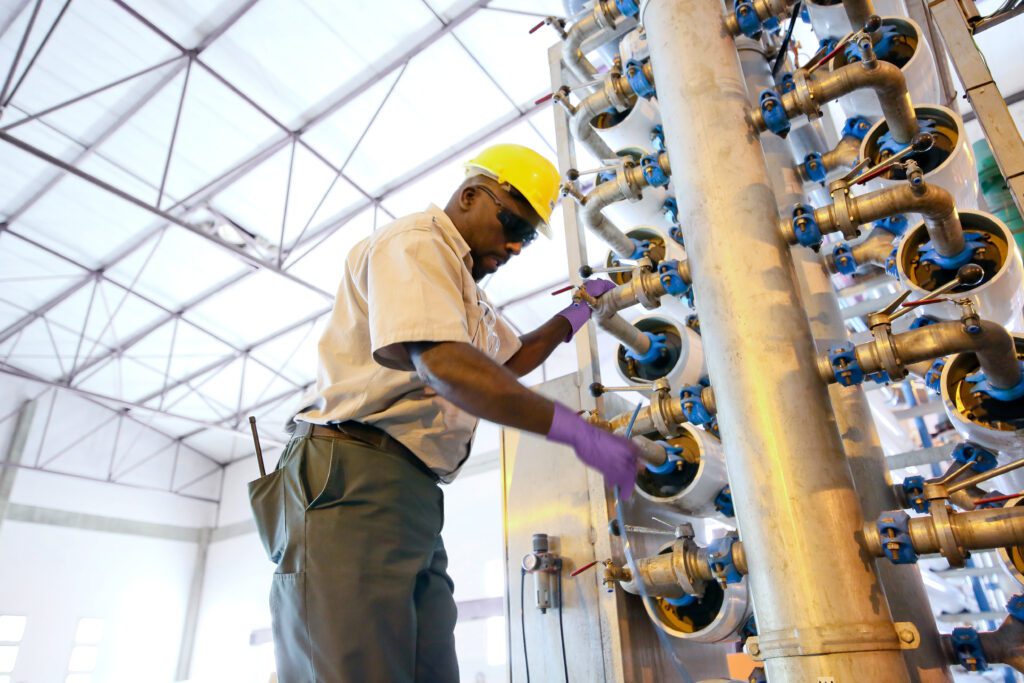
furnaces and kilns), discharge units and refineries – processes water and creates wastewater. This wastewater can either be reused, repurposed or must be treated to a certain standard before it is discharged,” states Murray. By doing this, Veolia helps mining companies and other industries reduce their effects on the environment.
Treating industrial effluent before discharge into water bodies reduces the pollutants released.
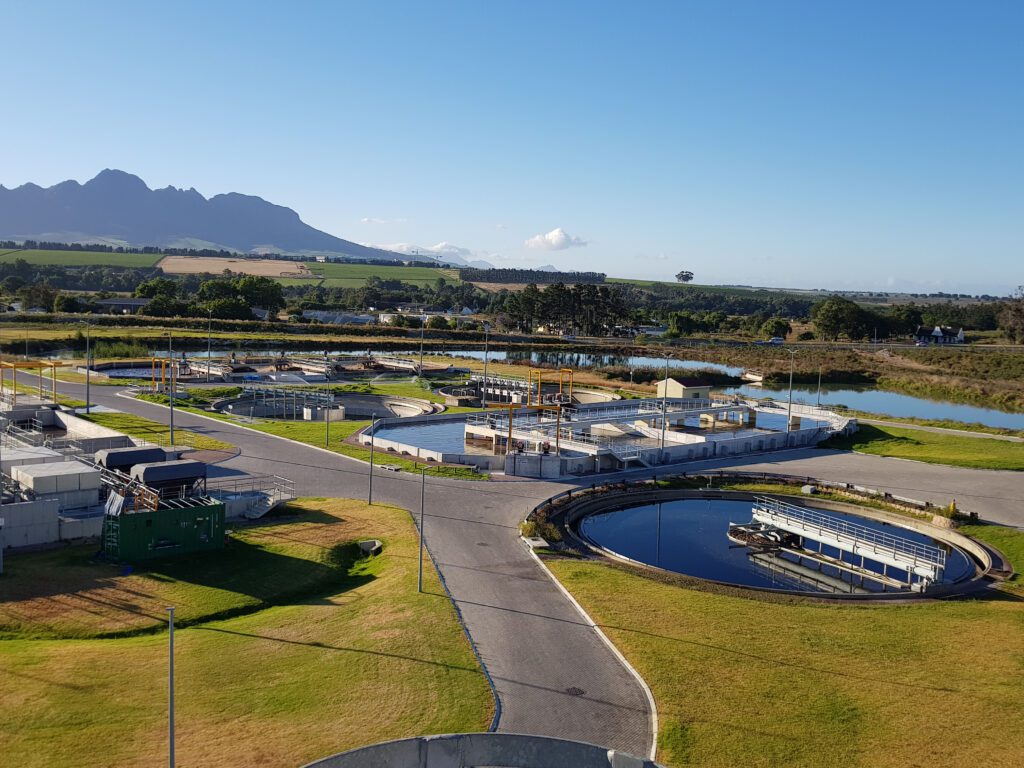
conditioning proficiency.


